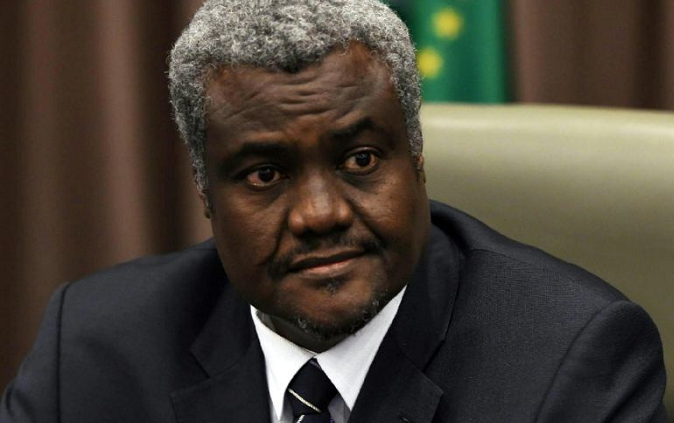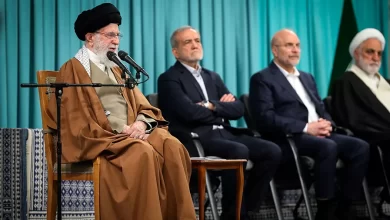
The youth are the centre of focus today as the continent marks the 54th African Union (AU) Day with ceremonies in member countries and beyond. The theme for the celebration,
“Harnessing the demographic dividend through investments in youth,” gives indications of the emphasis continental leaders are placing on youth development.
Ghana’s celebration
In Ghana, a flag raising ceremony will be held at the forecourt of the State House this morning with President Nana Addo Dankwa Akufo-Addo in attendance, as well as the Dean of the Diplomatic Corps.
It will be followed in the evening with a cocktail reception at the Accra International Conference Centre to be attended by government officials and some members of the society, as well as the Africa Diplomatic Corps in Ghana.
The Ministry of Foreign Affairs and Regional Integration outlined a week-long programme of activities to mark the day.
Other events that have already taken place include a health walk, What-Do -You-Know quiz and media engagements.
History
Launched in Durban, South Africa, on July 9, 2002, the AU replaced the Organisation of African Unity (OAU), which was born on May 25, 1963.
The leaders of the early independent African states, including firebrands Dr Kwame Nkrumah and Sekou Toure of Guinea, decided to form a union that would push the then African agenda, which was the liberation of the continent. Representatives of 32 countries initialled the OAU Charter.
The objectives of the OAU included promoting the unity and solidarity of African States; coordinating efforts to achieve a better life for the African people; defending the sovereignty, territorial integrity and independence of African states and eradicating all forms of colonialism from the continent.
As the challenges of Africa became multi-dimensional, the leaders began to look at giving the continental union a new look.
The quest to form an African Union reached a crescendo when then Libyan Leader, Muammar Ghadaffi, was head of the OAU.
At the 4th Extraordinary Session of the OAU Assembly of African Heads of State and Government held at Sirte, Libya, on September 9, 1999, the Sirte Declaration was adopted.
The declaration, among other things, sought to establish the African Union.
Following the declaration, two summits were held in Lome in 2000 and Lusaka in 2001.
In Lome, the African leaders adopted the Constitutive Act of the African Union, while in Lusaka, they adopted the road map for the birth of the African Union.
On July 9, 2002, the first session of the Assembly of the African Union was held in Durban, South Africa.
Youthful continent
Africa’s future is in the hands of its youth. As the world’s most youthful continent, African leaders are bent on developing the potentials of the youth not only for their own benefit but also for the benefit of their respective countries and the continent at large.
Source: graphic.com.gh




